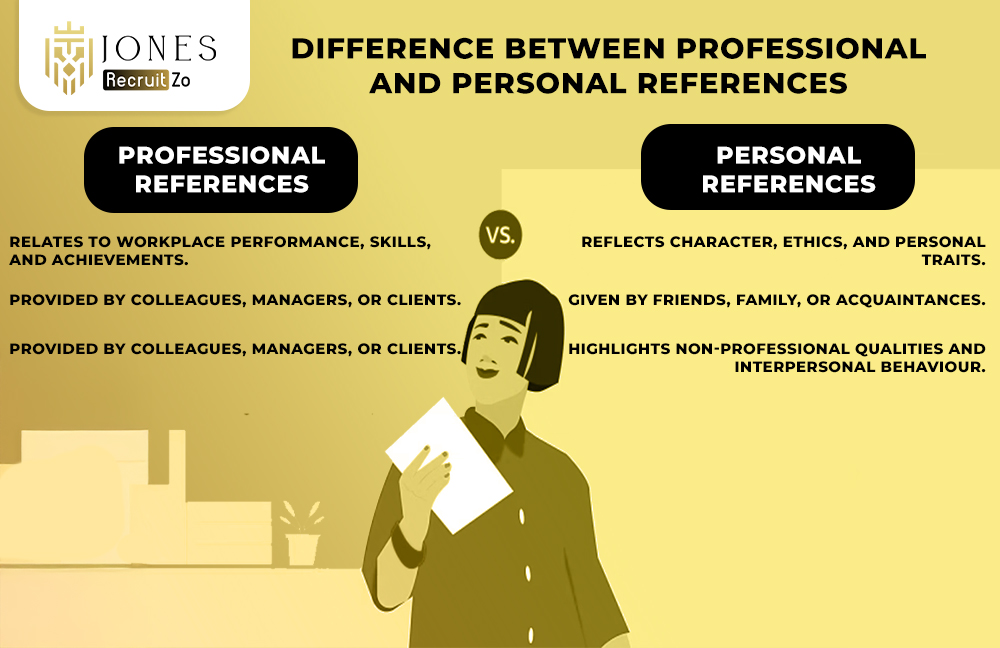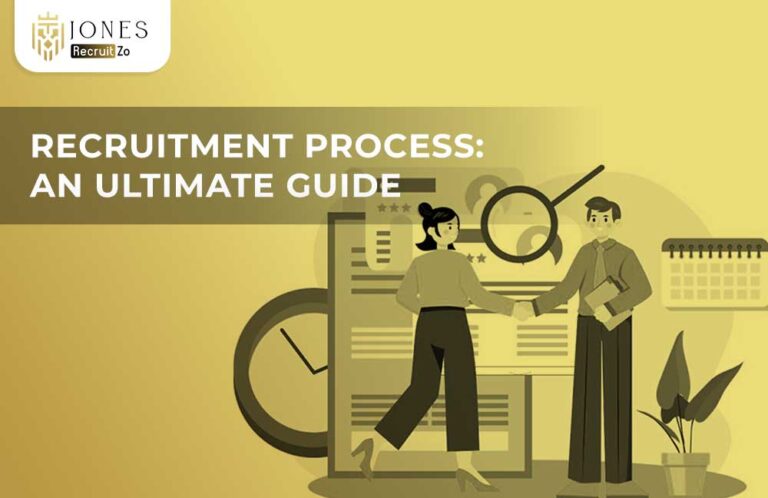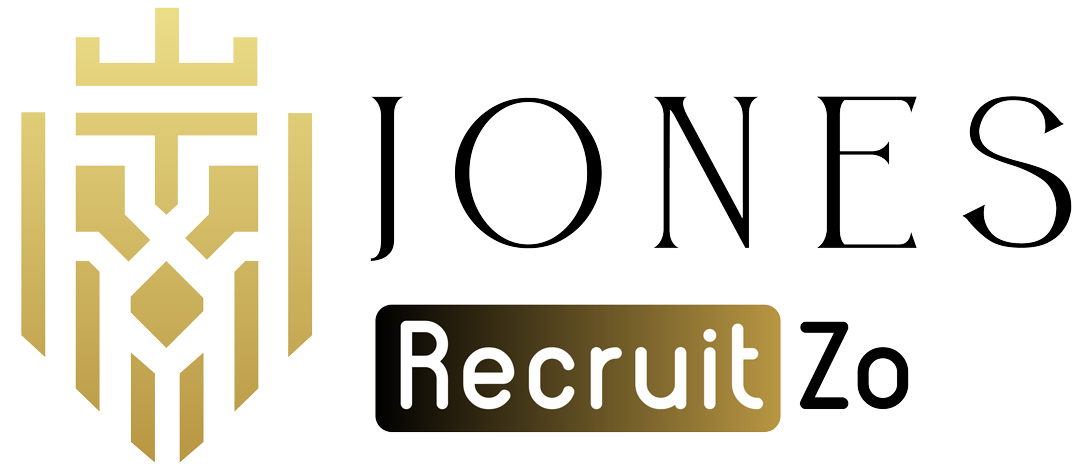What are Professional References?
Professional references are a necessary part of recruitment and employment procedures. They even give information about a candidate’s work ethics, their skills, and qualifications from someone directly associated with that person. All of them can go a long way in verifying CVs or job applications while offering a much deeper understanding of an applicant’s abilities. Professional references are people who can testify to you acting professionally at work. A few of them include ex-managers, coworkers, or sometimes clients who have had some notable interactions with you in a professional setting. Well, knowing what professional references mean and using them efficiently can be the fundamental factor in getting the job that you desire.
Do you need Professional References?
Most times, a person will need to have their professional references in place while applying for a job. Potential employers will check the references given by the candidates to see if they are suitable for a role, especially if it requires some special skills or attributes. If your references were strong professional references examples, then this may be one way that you can show you differ from your peers. It says that in your past jobs, you have been successful working with other people and obtaining results. Not all employers need one at the point of first application, but some may require it at some stage of the hiring process. Be well-informed to have available at least one list of professional references to share when it comes time.
Difference between Professional and Personal References

Categorising references according to professional and personal becomes imperative while making the reference list. Both serve a unique purpose in showing your skills and thus your personality.
-
Professional References
Professional references include people who can give information about your working experience along with technical skills and achievements in the workplace. The best examples of such professional references are supervisors, team leaders, or peers who would give very exact illustrations of your contribution to projects.
Thus, it counts on these references who report to the employer whether someone is worthy or not for the job, because here is one criteria for giving such references: those who know your professional abilities.
-
Personal References
Friendships, family, or even an acquaintance may also give you private references. Personal references can refer to someone who will testify about your character but has no idea how you work or what you accomplish. Unlike other positions, most jobs won’t require personal references when applying, but some may ask for them in certain situations, such as for volunteer or community roles.
The last part of understanding professional references meaning is by furnishing the right type of references to your prospective employers when they request so.
How do you provide professional references to employees?
Here are descriptions of the different types of professional references that are generally given within a corporate organisation. In such cases, either the manager or supervisor has to write the reference letter for his or her employees or colleagues. This kind of assignment should be taken up cautiously, as then it ends up being an honest and helpful reference.
-
Ask your manager for references
If you are a person working for the company and need a reference, then ask your manager for a reference. Managers are considered authorities and word from them really counts as a reference. They would describe well your performance, dependability, and contributions to the team.
As a manager asking a reference for you, ensure you highlight the person’s strengths in problem-solving, teamwork, or leadership. Tailor your professional references letter with respect to the role or industry for which the candidate is applying.
-
Ask your colleagues for references
Colleagues can also act as great references when it comes to professional references, especially where the closest working relationship was between you in terms of projects or tasks at work. As a colleague, try to talk about how you cooperated with the person and give specific examples that show people-interpersonal and professional skills of the candidate. Giving a balanced view in your letter will also give hiring managers an idea of that candidate’s potential.
How to provide professional references to employers?
Always prepare a clear and organised list to furnish reference names when an employer asks for references. The list should contain the name, job title, organisation, and contact details for each reference. Ideally, have 2–3 references who can relate well to the position requirements to which you are applying.
Before actually presenting references, make sure to inform and get agreement from those on your list. Inform them about the job so that they can personalise their comments if and when contacted by the employer; this reflects professionalism and consideration of your references.
Types of Reference

Understanding the different types of references can help you select the most relevant individuals for your reference list.
-
Work References
Work references are perhaps the most common among professional references. They come from former or current managers, team leaders, or colleagues who can vouch for your aptitude, reliability, and contributions in the workplace. Specific examples of professional references of this ilk could include testimonials about problem-solving abilities, leadership potentials, and technical know-how.
-
Academic References
Normally provided by professors, academic advisors, or teachers, academic references are meant only for recent graduates or people applying for jobs that go on the merit of their educational background. Academic references can corroborate all learning ability, dedication, and important projects or research one has undertaken.
-
Character References
Character references speak only about an individual’s personality and moral values rather than his existing accomplishments in the professional field or education. Community leaders, mentors, or personal associates can be examples of people who could provide character references that would testify to one’s integrity or character. However, these references are not so common for workplaces; they would tend to be sensitive areas like high trust and personal interaction.
FAQs
1) What is Professional References?
Professional references are actually individuals who can speak highly of an individual’s performance at work and the skills, competencies, and work experiences on a professional level. Mostly, these indicate a level of former managers, colleagues, or clients who will be knowledgeable about your relevant contributions at the workplace. Professional references are being utilised by employers to check your qualifications and affirm the suitability of candidates for defined roles.
2) How do you provide professional references to employees?
Begin your reference with a general statement about the employee, namely his or her prime strengths, results, and contributions while in your employment. Give specific examples of how he or she was able to display certain skills in regard to this new position that has been applied for. References are always best personalised, professionally written, and truthful.
3) How to provide professional references to employers
For professional references to employers, prepare a standard list of trusted contacts who can endorse your professional abilities. Include their name and job title, mention their organisation, as well as their contact information, having, of course, notified them and gained prior consent from your references. Specify the importance of these references for that particular role.
4) How do you provide professional references to employees?
While providing a professional reference for an employee, write a balanced and elaborate letter on the strengths and contributions to highlight a little. A true and accurate record of all their skills, dependencies, and performance directly pertains to the job for which they are pursuing his reference.







